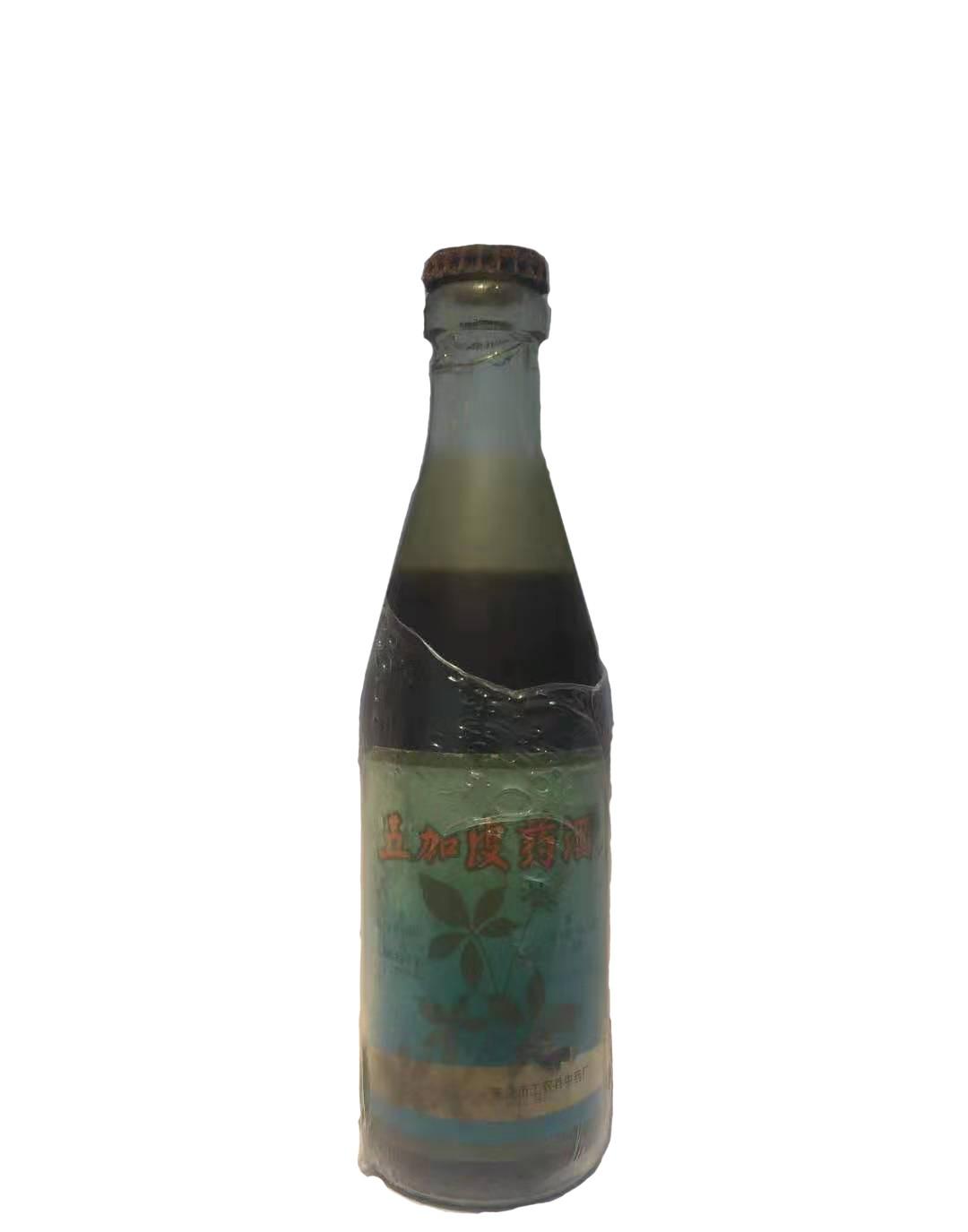This is the twentieth article about Chinese wine produced during the Cultural Revolution. Today, I introduce a medicinal liquor - Wujiapi wine produced by Tianjin Workers' and Peasants' Soldiers Traditional Chinese Medicine Factory.

Wujiapi wine is a traditional Chinese medicine wine, generally using a single grain wine - sorghum wine as the liquor base, in addition to Wujiapi, but also added a variety of Chinese herbal medicines, has the effect of relieving muscles and vitality, driving wind and moisture, its popularity is especially in the eastern coastal areas.
Five plus peels
The wujiapi wine in the picture, produced in Tianjin, is about six or two packs, and the manufacturer is Tianjin Workers, Peasants and Soldiers Traditional Chinese Medicine Factory, which was formerly known as the famous Tianjin Darentang. According to historical records, in 1966, Darentang was renamed "Tianjin Workers' and Peasants' Soldiers Traditional Chinese Medicine Factory", and in 1973 it was renamed "Tianjin Second Chinese Medicine Factory", and the original name of Darentang was restored after the Cultural Revolution. Therefore, according to the name of the factory in the wine label, it can be roughly judged that the wine was produced between 1966 and 1973.
Have you ever drunk Wujiapi wine from Tianjin? Or talk about your understanding of the old name of Tianjin Darentang, welcome to leave a message to discuss.
If you want to learn more about the culture and story of Aged Baijiu in China, welcome to pay attention to "Wenwen Abbot Talks About Old Wine", a daily change, and small talk about Chinese wine.